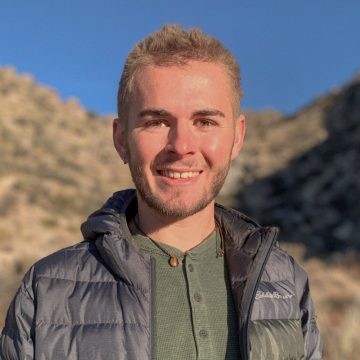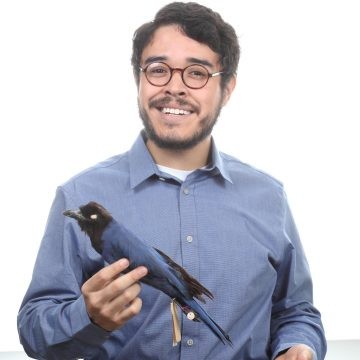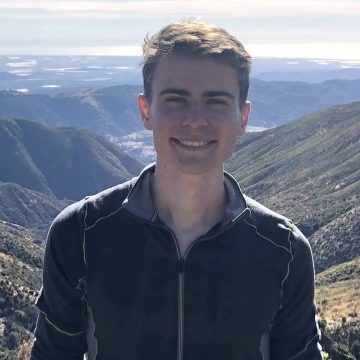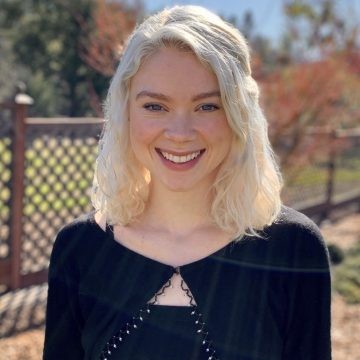News directly from Cornell's colleges and centers
Graduate School recognizes over 40 new NSF GRFP recipients
By Katya Hrichak
Forty-four graduate students have been selected as new National Science Foundation Graduate Research Fellowship Program (NSF GRFP) fellows. These new fellows join Cornell’s community of nearly 200 fellows currently on campus.
The NSF offers approximately 2,000 fellowships per year to research-based master’s and doctoral students pursuing study in NSF-supported science, technology, engineering and math disciplines at accredited U.S. institutions. In 2020, the NSF GRFP received over 13,000 applications.
As part of the five-year fellowship, students receive three years of financial support including an annual stipend of $34,000, as well as access to professional development opportunities. Fellows’ institutions receive a cost of education allowance of $12,000.
“The NSF GRFP is highly competitive, and we are incredibly proud of all of our Cornell fellows,” said Kathryn J. Boor, dean of the Graduate School and vice provost for graduate education. “We are excited to see what this funding enables our students to accomplish and discover.”
For many graduate students, the NSF GRFP provides flexibility to explore research interests without the distraction of teaching or securing funding.
“The GRF provides me with the freedom to investigate topics that I find important without the stress of securing project-specific funding,” said civil and environmental engineering doctoral student Trevor Amestoy, who began his program with the fellowship in place.
The fellowship has allowed ecology and evolutionary biology doctoral candidate David Esparza to pursue additional interests, both within and beyond his studies.
“The NSF GRFP has provided me with the freedom and time to pursue opportunities that further my scholarship and service and allow me to mentor undergraduate students at Cornell,” he said. “I feel fortunate to have already started participating in research collaborations and service opportunities that I would not have been able to do otherwise.”
Graduate students can apply for the NSF GRFP prior to attending graduate school, unlike most other fellowships of its kind. To be eligible, students must intend to enroll or be enrolled in an eligible field of study.
In the weeks leading up to submission deadlines, the Graduate School provides workshops for current students looking to apply for the NSF GRFP or a host of other external fellowships.
“Our graduate students are very talented and ambitious,” said Jan Allen, associate dean for academic and student affairs. “We provide workshops as well as information and consultation sessions to ensure they are as prepared as possible to submit successful applications.”
Several of this year’s recipients attended these workshops prior to applying to the NSF GRFP.
“I attended a Graduate School fellowship preparation workshop, and it provided me specific details about what reviewers were looking for. I believe this was critical to my success in receiving a NSF GRF,” said Erik Bidstrup, doctoral student in chemical engineering. “These details included how to frame intellectual merit in a convincing way and what the broader impact criteria really means for one’s personal statement and proposed research project.”
Anna Whittemore, a doctoral student in anthropology, attended a Graduate School-hosted NSF fellowship panel discussion with past recipients, which helped guide her in the application process.
“In the social sciences, applying to the fellowship program is less common than in the natural sciences. It was really helpful to hear the panelists’ tips for making your application stand out from the crowd,” she said.
In addition to the annual fall fellowship workshops, the Graduate School offers various programs throughout the year to support students’ writing goals. Visit the Office of Academic and Student Affairs webpage for information on writing boot camps, graduate write-ins, the Productive Writer and Productive Fellowship writer newsletters and more.
Katya Hrichak is a communications assistant in the Graduate School.
Student Spotlights:
Media Contact
Get Cornell news delivered right to your inbox.
Subscribe




